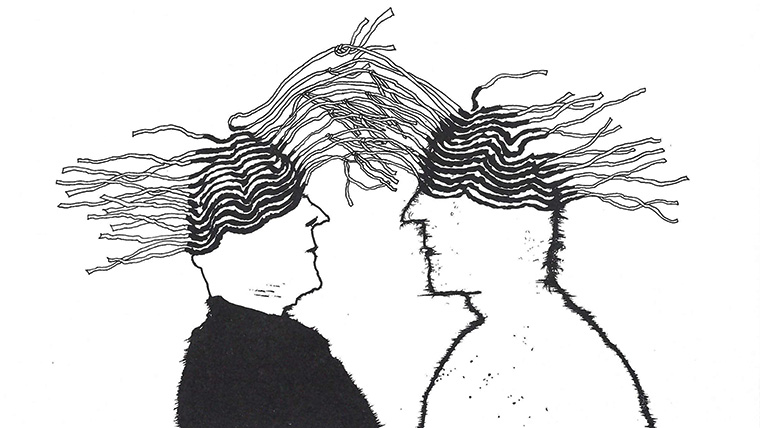
What in earlier times might be a minor dispute between folks explodes into full-out verbal warfare, shaming, and humiliation, attracting the attention of potentially thousands of strangers eager to get in on the action. Like a viral pandemic, outrage on the internet spreads from local neighborhoods to a national audience. As excited crowds during an ancient Roman holiday watched innocents torn to shreds by wild animals, the energy and enthusiasm with which people enjoy meting out punishment to strangers is stunning. What lies beneath such outrage?
It’s far easier to direct our attention to the perceived defects of others than to our own. Finding fault in others deflects from self-responsibility and distracts from introspective examination of our own role in conflicts. Expressing negative energy outwards provides emotional discharge, a way to dissipate accumulated feelings. Its most common forms are irritation and anger, frequently acts of transference through which others are blamed, shamed and forced to offer apologies. This process satisfies an over-activated limbic system, but only temporarily.
Just as certain pharmaceuticals affect the limbic system, the primitive “brain within a brain” governing emotion, continuous over-stimulation of the limbic system requires both progressively greater arousal and greater needs for discharge. In this way, the limbic system mirrors drug addiction, ie: a chemically induced state requiring constant refreshment in anticipation of the unpleasant risks of withdrawal. In the case of the limbic system, the discharge of anger towards others acts as a short-term antidote to over-arousal. Not surprisingly, drugs and alcohol, over stimulation and depression, emptiness and distraction exert great power over people.
Allocating time for honest self-appraisal is too frightening a prospect for most. We are generally not prepared to see ourselves as we are, nor willing to undertake the work needed that such an examination reveals; it’s far easier, and the lazy way out, to find someone else to blame for our problems and project our fears and anxieties onto them. These are the psychological mechanisms beneath racism, sexism, ageism and all the other ways in which we mistakenly, tragically, assign blame to others.
A portion of this problem rests within our conception of an absolute objective reality. When it comes to human relationships, objective reality does not exist. At best, the reality of human relationships is intersubjective, which is to say the intersection of each person’s individual subjective reality with another’s, and corresponding comparisons thereof using language to describe the ways each subjective reality appears the same or different. If difference is found our subjective reality often feels threatened; our entire world-conception can feel at risk and our limbic system’s fight or flight response kicks in. Sameness feels comforting but difference does not, generating dissonant limbic system emotions that require resolution.
Establishing right and wrong, assigning blame, and proposing causality are all modes of resolution. Our legal system is an attempt to establish rules of intersubjectivity using an adversarial methodology of linguistic argument to cope with difference and assign blame. The same is true for social convention; saying “sorry, thank-you, excuse me” and so forth are often ways of smoothing over relational experiences of difference in rank, caste, and power. Such proprietary modes of behavior help us navigate the complexity of intersubjective reality.
“Know thyself,” has become passé, but these two words contain profound truth about intersubjective human relationships. We can never fully get inside another’s head, only our own.
(Illustration: “Friends holding some unspoken ideas in common” by Richard Stine)